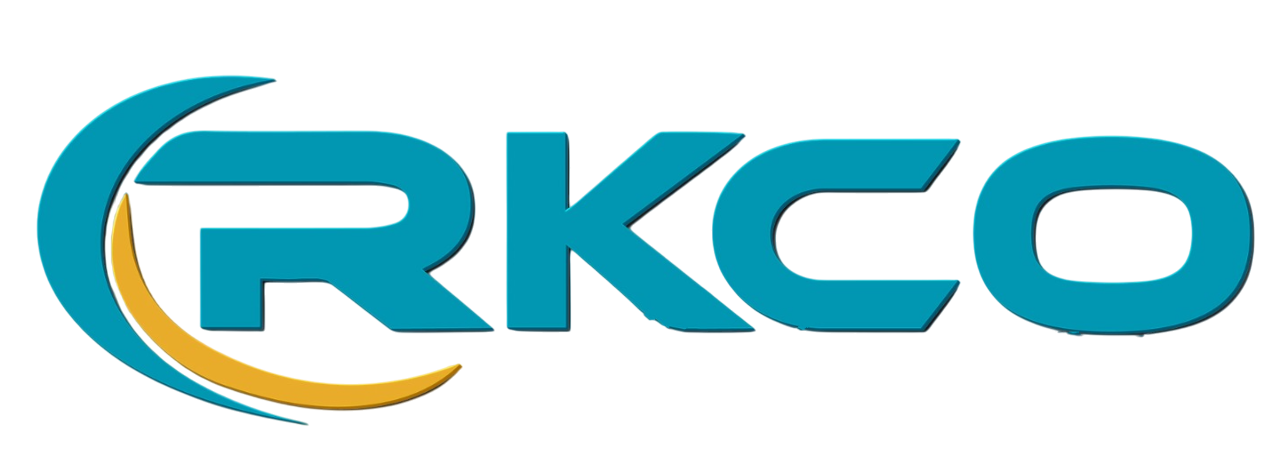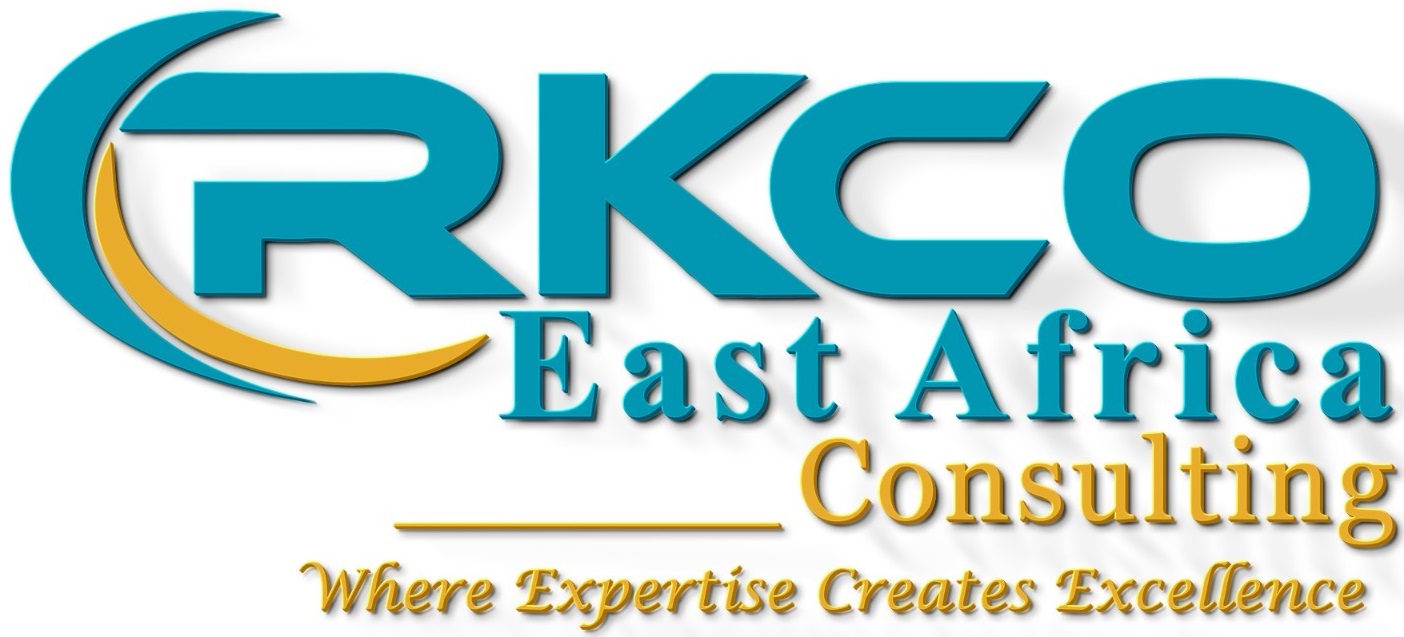
In today’s fast-evolving business environment, companies are facing growing complexity, increasing regulatory demands, and higher expectations for ethical conduct and transparency. To remain competitive and build long-term value, organizations must not only perform efficiently but also govern effectively, manage risks proactively, and comply with regulations—this is the essence of GRC (Governance, Risk, and Compliance).
At RKCO East Africa Consulting, we understand that a well-structured GRC framework is not just a compliance tool—it’s a strategic enabler of sustainable business growth.
What Is GRC?
GRC stands for Governance, Risk, and Compliance—a comprehensive framework that ensures an organization:
- Governs itself with clear policies, leadership, and accountability,
- Manages risks that could hinder its objectives,
- Complies with laws, regulations, standards, and ethical practices.
When GRC functions are integrated and aligned, businesses gain the visibility and control needed to grow responsibly and sustainably.
Why GRC Matters for Business Growth
1. Enhances Strategic Decision-Making
A mature GRC framework provides real-time insights into business risks, compliance issues, and governance gaps. This clarity supports confident, data-driven decision-making and aligns operations with strategic goals.
2. Reduces Risk Exposure
GRC helps identify, assess, and mitigate various risks—financial, operational, reputational, cybersecurity, and more—before they escalate. This reduces the likelihood of costly incidents and disruptions.
3. Builds Stakeholder Trust
Investors, customers, regulators, and partners want to engage with organizations that demonstrate transparency, ethical conduct, and responsible governance. GRC fosters credibility, accountability, and confidence in your brand.
4. Improves Regulatory Compliance
With evolving laws and regulations, particularly in sectors like finance, health, and data privacy, businesses must stay compliant. GRC systems streamline compliance processes and ensure organizations avoid fines, penalties, and reputational damage.
5. Supports Sustainability and ESG Goals
Governance and risk frameworks are increasingly tied to Environmental, Social, and Governance (ESG) initiatives. GRC ensures that sustainability goals are not just aspirational but embedded in strategy, operations, and reporting.
6. Drives Operational Efficiency
Integrated GRC eliminates silos, standardizes processes, and fosters collaboration across departments—resulting in better resource utilization and lower operational costs.
Challenges of Ignoring GRC
Organizations that treat GRC as an afterthought often experience:
- Fragmented decision-making
- Compliance failures and legal consequences
- Data breaches and cyber incidents
- Damage to reputation and stakeholder relationships
- Barriers to entering new markets or attracting investment
RKCO’s Approach to GRC Implementation
At RKCO East Africa Consulting, we help businesses establish and strengthen their GRC frameworks through services such as:
- GRC maturity assessments and audits
- Development of governance structures and internal controls
- Enterprise risk management (ERM) strategies
- Regulatory compliance support
- Integration of GRC technology tools and dashboards
- Employee training and awareness programs
Whether you’re a growing enterprise or a large organization, our tailored GRC solutions enable you to grow responsibly and confidently in a dynamic environment.
Final Thoughts
Sustainable business growth requires more than ambition—it requires a strong foundation.
GRC is that foundation. By aligning governance, risk, and compliance with your strategy and culture, you not only protect your organization but also position it for long-term value creation.
Is your organization ready to embed GRC into its growth journey?
Partner with RKCO East Africa Consulting to develop a resilient, compliant, and forward-looking business.




